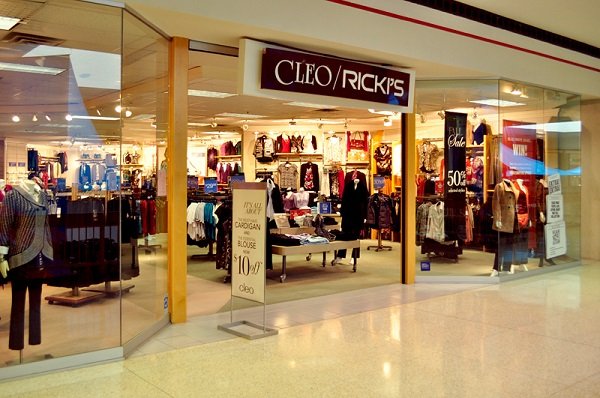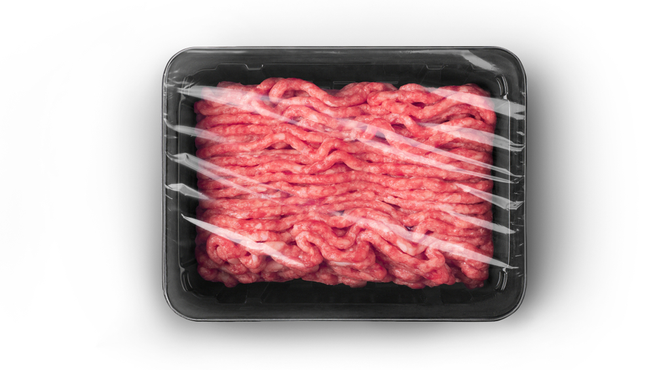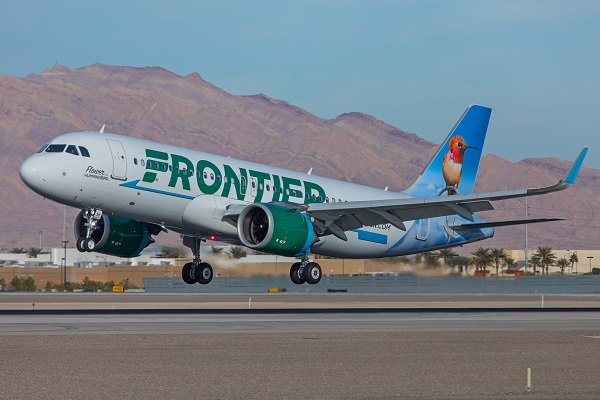Logistics automation is no longer a competitive advantage—it has become a necessity in a world where delivery speed, accuracy, and scalability define success.
With the rise of e-commerce, just-in-time manufacturing, and growing customer expectations, companies are embracing advanced robotics, AI-powered software, and integrated warehouse execution systems to gain an edge.
In this article, we highlight seven leading logistics automation companies redefining how goods are stored, handled, and delivered globally.
1. Dematic (KION Group, USA/Germany)
Dematic is a global powerhouse in material handling and intralogistics solutions, offering a full suite of automated storage and retrieval systems (AS/RS), conveyors, sorting technologies, robotics, and warehouse execution software (WES).
With over 10,000 systems installed worldwide, Dematic is a trusted partner for high-volume industries, including retail, e-commerce, pharmaceuticals, and manufacturing.
Why it stands out:
-
End-to-end scalable automation solutions.
-
AI-powered analytics for real-time decision-making.
-
Proven track record with major global brands.
2. Daifuku Co., Ltd. (Japan)
With more than eight decades of expertise, Daifuku remains a frontrunner in logistics and factory automation.
Its AS/RS solutions, AGVs, sortation systems, and airport baggage handling technologies are widely recognized for their reliability and operational precision. Daifuku is particularly dominant in Asia but has a growing global footprint.
Key strengths:
-
High-density storage solutions for complex operations.
-
Seamless integration with ERP and WMS platforms.
-
Extensive experience across automotive, electronics, and airport logistics.
3. Honeywell Intelligrated (USA)
Honeywell Intelligrated delivers intelligent, end-to-end material handling solutions, combining robotics, machine vision, voice-picking, and advanced WES to boost warehouse productivity.
Its systems are designed for flexibility, adapting to changing order profiles and labor challenges in high-demand facilities.
Highlights:
-
Robust AI-driven labor and workflow optimization tools.
-
Widely adopted by Fortune 500 companies.
-
Scalable solutions supporting omnichannel fulfillment.
4. Swisslog (KUKA Group, Switzerland/Germany)
Swisslog specializes in modular automation solutions powered by advanced robotics and its SynQ software platform.
Its expertise includes AutoStore systems, shuttle solutions, and automated pallet handling, making it a go-to choice for companies aiming to combine efficiency, data intelligence, and sustainability in their logistics operations.
Distinct advantages:
-
Future-ready, modular automation systems.
-
Real-time operational insights for continuous improvement.
-
Strong focus on eco-friendly, energy-efficient technologies.
5. Symbotic (USA)
Backed by Walmart and other retail giants, Symbotic is revolutionizing large-scale distribution centers with high-speed robotic systems capable of autonomous case picking, palletizing, and sorting. Its AI-powered bots handle up to a case per minute, moving untethered at high speeds, dramatically improving throughput.
Why it leads in innovation:
-
Purpose-built for high-volume retail and grocery distribution.
-
Advanced AI vision and orchestration capabilities.
-
Proven large-scale deployments with industry leaders.
6. AutoStore (Norway)
Known for its cube-based goods-to-person automation, AutoStore provides space-saving, high-density storage solutions that maximize warehouse efficiency. Its modular design enables seamless scaling, making it ideal for businesses looking to optimize fulfillment without expanding their physical footprint.
Competitive edge:
-
Industry-leading storage density (up to 4x more than traditional systems).
-
Energy-efficient robotics with low maintenance needs.
-
Rapid deployment and adaptability for varied SKUs.
7. Vecna Robotics (USA)
Vecna Robotics is rapidly emerging as a key player in autonomous mobile robotics (AMRs) and AI-powered orchestration software. Its pallet trucks, tuggers, and tote retrieval systems integrate easily with existing warehouse workflows, enabling a hybrid model of human and robotic collaboration.
What sets it apart:
-
AI-driven fleet management for dynamic task allocation.
-
Quick ROI due to minimal infrastructure changes.
-
Trusted by major brands like FedEx, Caterpillar, and John Deere.
Key Selection Criteria for Logistics Automation Partners
Choosing the right automation provider depends on several factors:
-
Scale & Throughput Needs: Dematic, Honeywell, and Symbotic excel for high-volume operations.
-
Space Constraints: AutoStore offers unmatched storage density.
-
Flexibility & Rapid Deployment: Vecna Robotics provides scalable, plug-and-play AMR solutions.
-
Sustainability Goals: Swisslog and Daifuku offer energy-efficient, eco-friendly systems.
The Future of Logistics Automation
The global logistics landscape is moving rapidly toward AI-driven decision-making, autonomous freight transport, and fully integrated digital supply chains. Robotics for last-mile delivery, truck unloading automation, and autonomous middle-mile trucking are emerging trends shaping the next generation of logistics.
Companies that strategically partner with leading automation providers will gain a significant advantage in speed, cost efficiency, and reliability, positioning themselves strongly in an increasingly competitive market.
Also Read
Top Last-Mile Delivery Optimization Software Solutions to Watch in 2025
Union Pacific and Norfolk Southern in Advanced Merger Talks: A New Era for U.S. Freight Rail?
2025-08-05 18:42:43

















